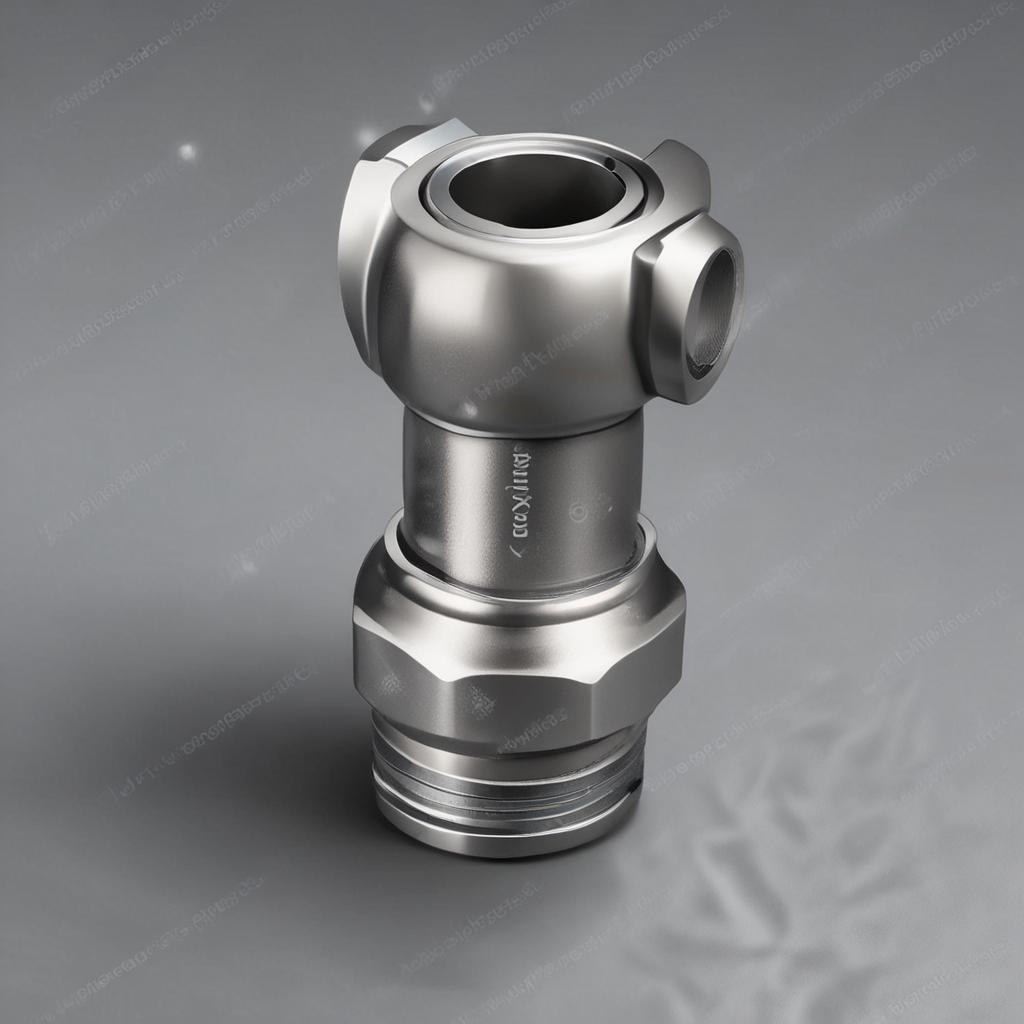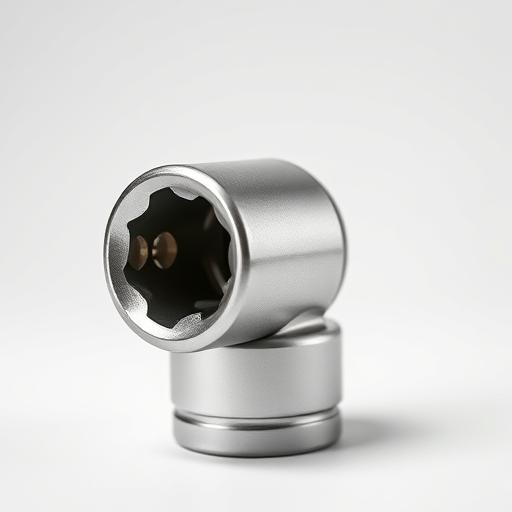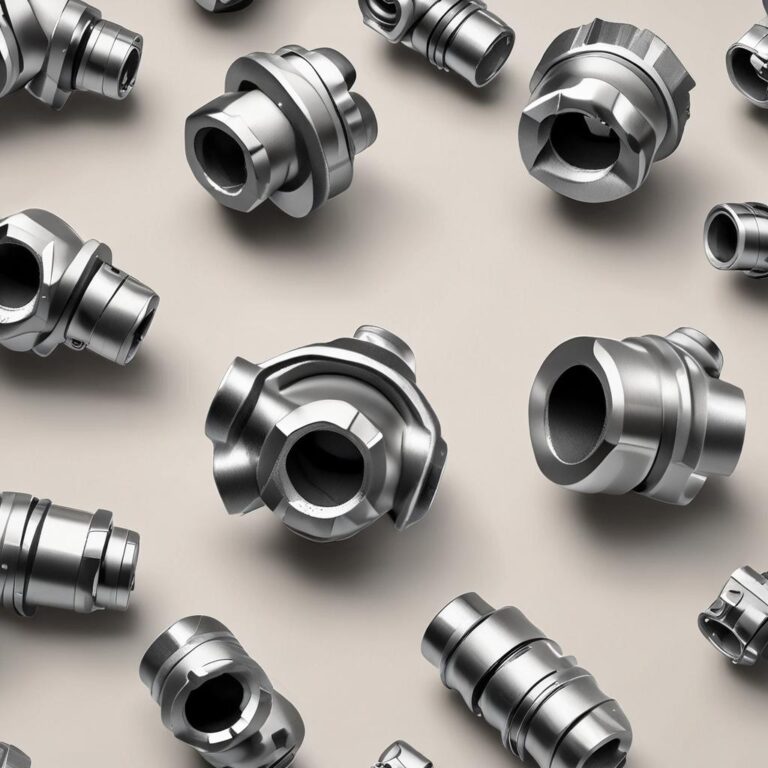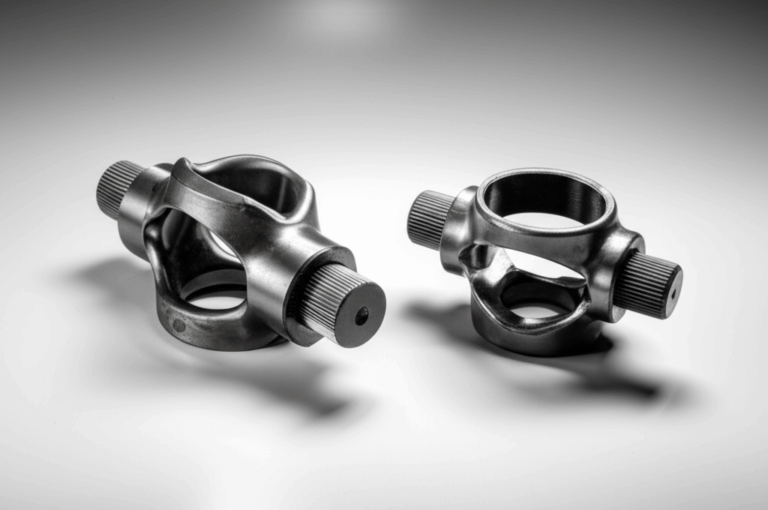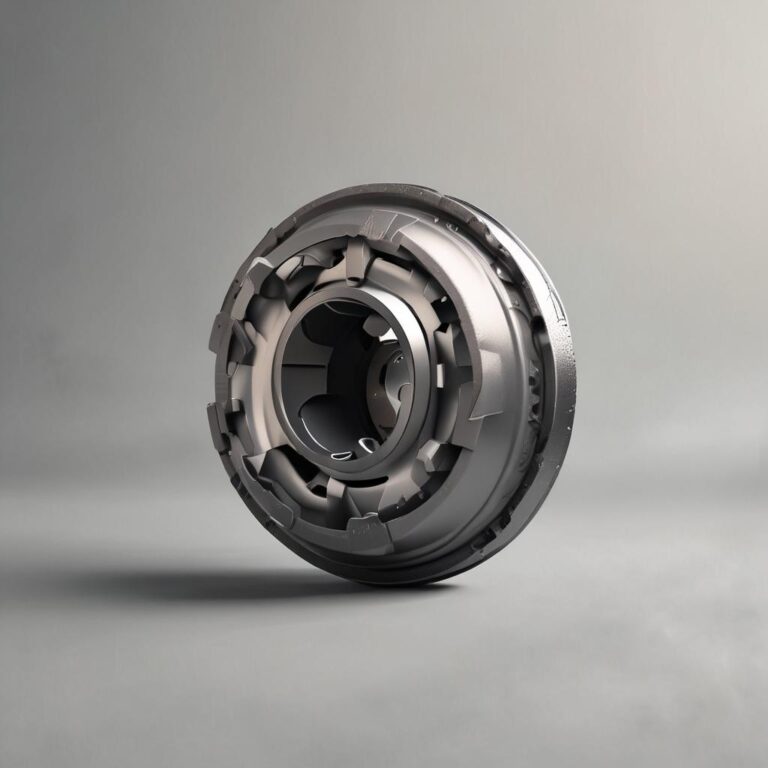Universal Joint Deep Socket
When working on automotive repairs, industrial machinery, or any mechanical project involving tight spaces, having the right tools can make all the difference. One such essential tool is the universal joint deep socket—a versatile and flexible solution designed to reach bolts and nuts in hard-to-access areas. Unlike standard sockets, these specialized tools offer enhanced maneuverability, allowing mechanics to tackle challenging jobs with precision and efficiency. Whether you’re a professional technician or a DIY enthusiast, understanding the types, features, and proper use of universal joint deep sockets is crucial for both effectiveness and safety.
What is a Universal Joint Deep Socket?
A universal joint deep socket is a specialized attachment for ratchets, breaker bars, or other driving tools that features a built-in swivel joint. This joint allows the socket to articulate at various angles, making it easier to access bolts and nuts in confined spaces. Unlike standard sockets, which require a direct, linear connection, universal joint sockets pivot, ensuring a better fit in awkward positions. Key features include durability, flexibility, and compatibility with various tools, making them indispensable in automotive and industrial applications.
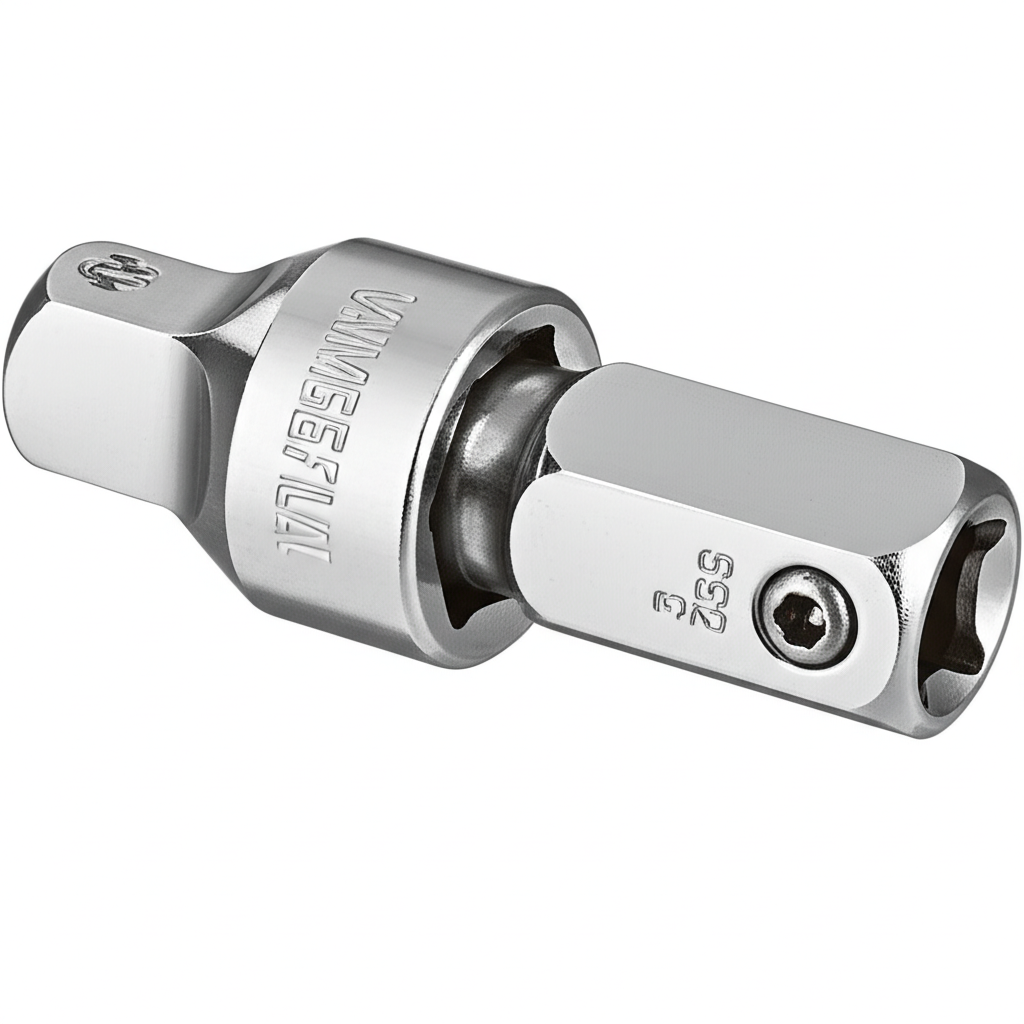
Types of Universal Joint Deep Sockets
Standard Universal Joint Sockets
Standard universal joint sockets are designed for general-purpose use, offering a moderate degree of articulation. They are ideal for basic applications where slight angular adjustments are needed, such as loosening or tightening bolts in engine compartments or suspension systems. These sockets are often made from high-quality steel, ensuring durability while maintaining flexibility.
Deep-Well Universal Joint Sockets
Deep-well universal joint sockets extend deeper than standard models, allowing them to reach recessed bolts and nuts that are typically inaccessible with regular sockets. These are commonly used in automotive repairs, such as working on transmission mounts, differentials, or other components where space is limited. Their extended length and swivel joint make them a go-to choice for mechanics tackling complex repairs.
Impact-Resistant Universal Joint Sockets
For heavy-duty applications requiring high torque, impact-resistant universal joint sockets are the best option. Built to withstand the force of impact drivers or breaker bars, these sockets are reinforced with tough materials like chrome-vanadium alloys. They are essential for industrial machinery maintenance, where bolts may be overtightened or corroded, demanding extra force to loosen.
Key Features to Consider When Buying
Material and Durability
The material of a universal joint deep socket significantly impacts its performance and longevity. Steel sockets are common and offer a good balance of strength and affordability. However, chrome-vanadium alloys provide superior resistance to wear and corrosion, making them ideal for frequent or heavy-duty use. Always prioritize quality materials to ensure your tool lasts through demanding tasks.
Key Metrics
Performance metrics for Universal Joint Deep Socket
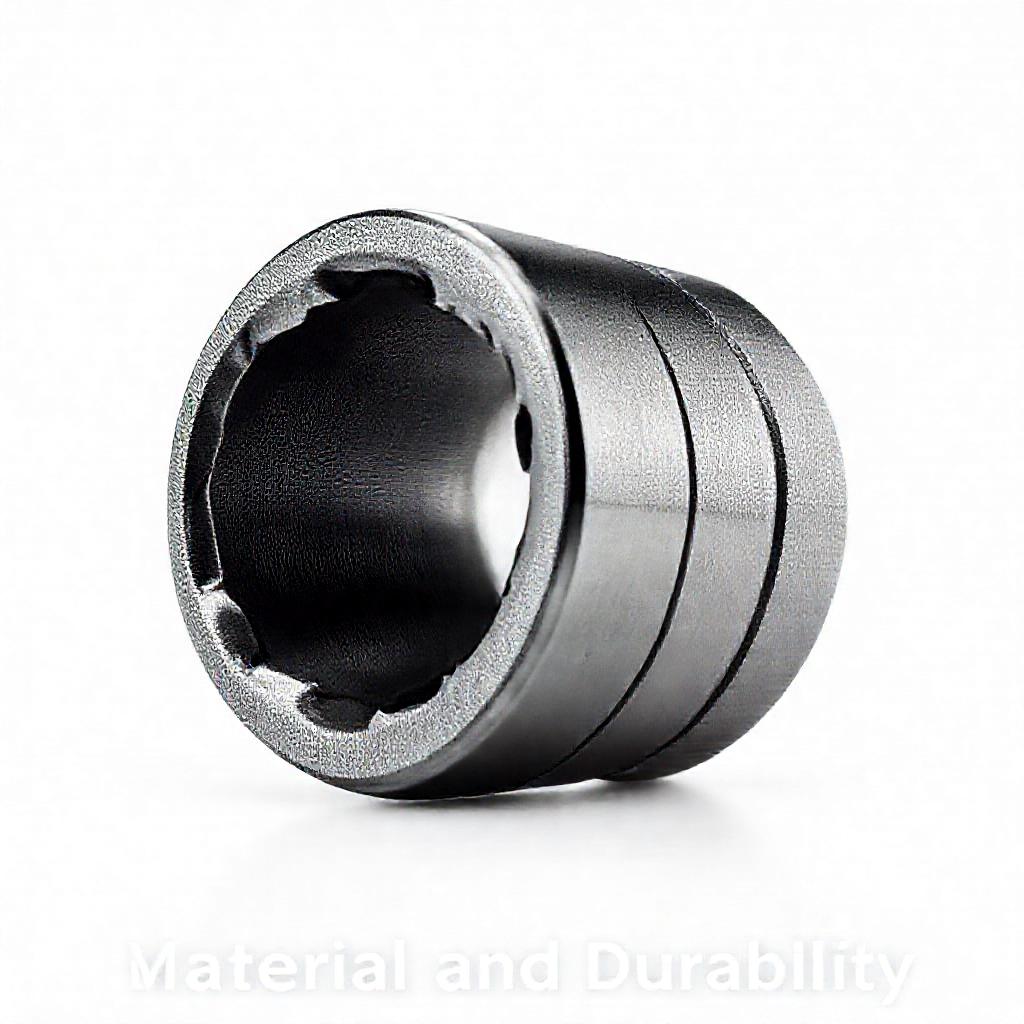
Size and Compatibility
Universal joint deep sockets come in both standard and metric sizes, so it’s essential to choose the correct size for your application. Additionally, ensure compatibility with your existing tools, whether a ratchet, breaker bar, or impact driver. Some sockets are designed for specific tool systems, so double-check before purchasing to avoid compatibility issues.
Flexibility and Maneuverability
The degree of articulation in a universal joint socket determines how easily it can pivot in tight spaces. Look for sockets with a smooth, unrestricted swivel mechanism to maximize maneuverability. A well-designed joint allows for effortless adjustments, reducing strain and improving efficiency during repairs.
Common Applications of Universal Joint Deep Sockets
Universal joint deep sockets are widely used in automotive repairs, particularly in engine bays, suspension systems, and transmission components. They are also invaluable in industrial settings, where accessing bolts in machinery can be challenging. DIY mechanics and professionals alike rely on these sockets to navigate confined spaces, ensuring precise and efficient work.
How to Use a Universal Joint Deep Socket Properly
To use a universal joint deep socket effectively, start by aligning the socket with the bolt or nut. Apply gentle pressure while turning the tool to avoid binding the joint. Avoid excessive force, as this can damage the swivel mechanism. Regularly check for smooth rotation and replace worn sockets to maintain optimal performance. Common mistakes include over-tightening or forcing the socket at extreme angles, which can lead to premature wear.
Maintenance and Care Tips
To extend the life of your universal joint deep socket, clean it regularly to remove dirt and debris. Apply a light lubricant to the swivel joint to ensure smooth operation. Store sockets in a dry, protected area to prevent rust and damage. Inspect the socket for signs of wear, such as cracks or excessive play, and replace it if necessary to avoid tool failure during critical tasks.
Conclusion
Choosing the right universal joint deep socket is essential for tackling tough mechanical projects efficiently and safely. Whether you need standard flexibility, deep reach, or impact resistance, understanding the types, features, and proper use of these tools will enhance your workflow. Investing in high-quality sockets and maintaining them properly ensures long-term reliability, making them a valuable addition to any toolkit.
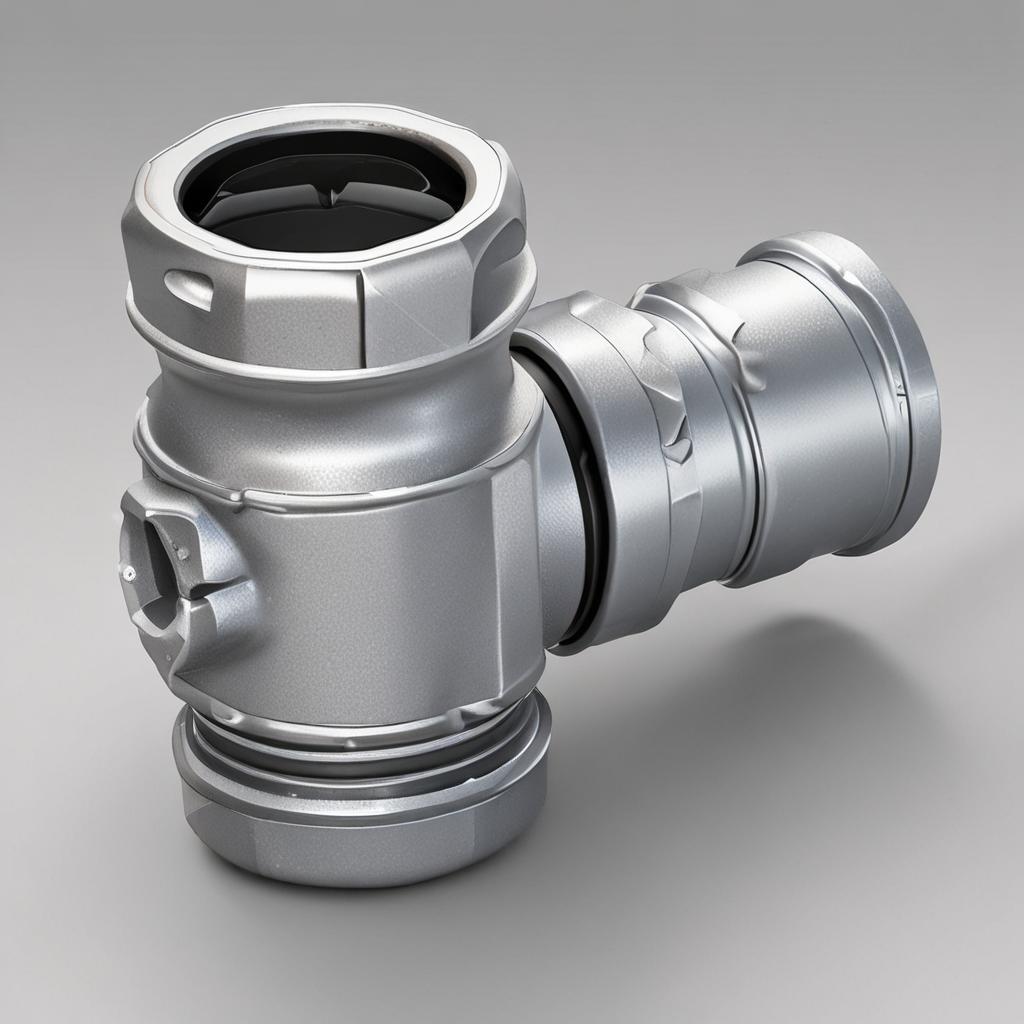
FAQ Section
Q1: Can a universal joint deep socket work with a ratchet or breaker bar?
Yes, universal joint deep sockets are compatible with both ratchets and breaker bars. However, ensure the socket’s drive size (e.g., 1/2-inch, 3/8-inch) matches your tool for a secure fit.
Q2: Are all universal joint sockets interchangeable?
Not all universal joint sockets are interchangeable, as they may vary by brand or tool system. Always check compatibility with your existing tools before purchasing.
Q3: How do I know if my universal joint socket is worn out?
Signs of wear include excessive play in the joint, difficulty articulating, or visible cracks. If the socket no longer functions smoothly, it’s time to replace it.
Q4: Can I use a universal joint socket for tight spaces in engine bays?
Absolutely. Universal joint sockets are specifically designed for tight spaces, allowing you to access bolts at awkward angles in engine bays and other confined areas.
Q5: What’s the difference between a universal joint socket and a universal joint adapter?
A universal joint socket has the swivel mechanism built into the socket itself, while a universal joint adapter is a separate piece that attaches between the tool and a standard socket. Adapters offer flexibility but may be less durable than integrated sockets.

